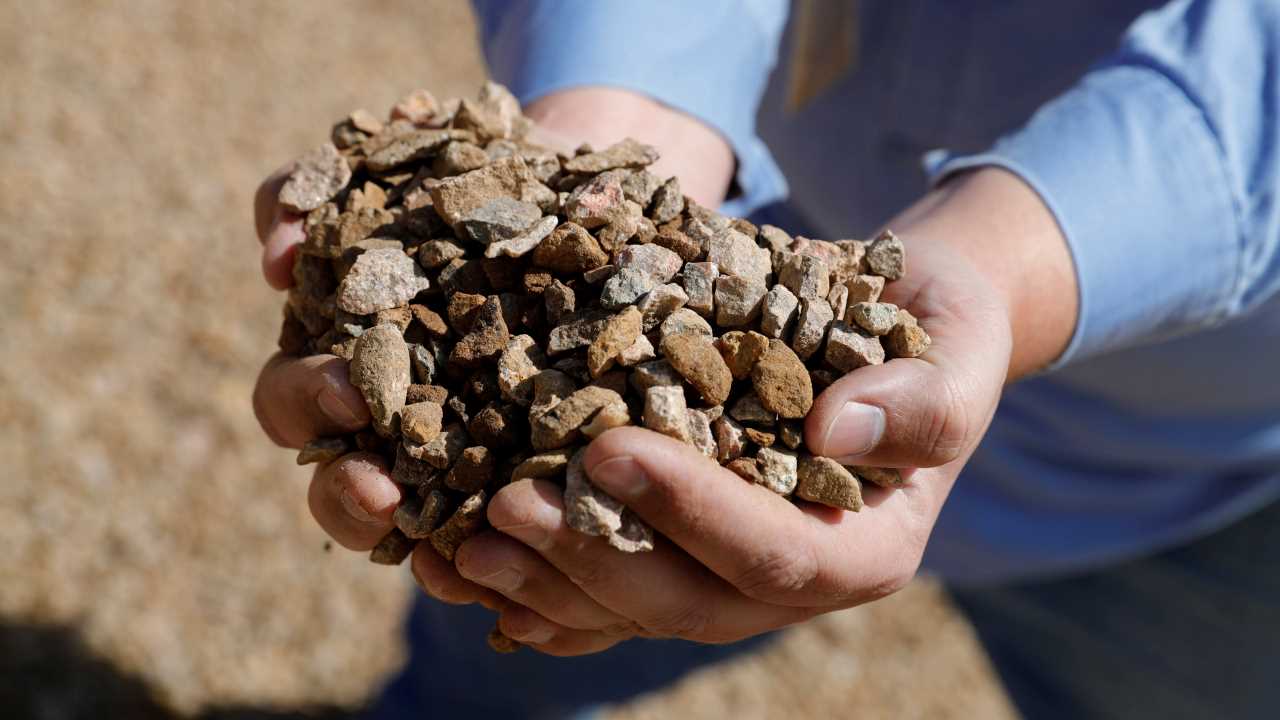Stressing the need to ensure a distinction between product-based standards and non-product-based standards, government sources have told CNBC TV18 that several furniture standards in the EUDR, which succeeded the EU Timber Regulation, don’t directly apply to Indian products.
Indian furniture exports, sources explained, cannot be subjected to European standards due to differences in wear and tear, climatic conditions and wood treatment practices.
Sources added that the EUDR’s forest definition exempts several plantations in Indonesia and Malaysia, as well as certain forests in Brazil, prompting these countries to question the regulation’s scope and applicability.
According to the European Commission, the EUDR aims to “ensure that a set of key goods placed on the EU market will no longer contribute to deforestation and forest degradation in the EU and elsewhere in the world.”
The regulation will come into effect on December 30, 2024, for large enterprises and on June 30, 2025, for SMEs, impacting exports of cocoa, coffee, timber, rubber, and palm oil to Europe.
(Edited by : Ajay Vaishnav)
First Published: Nov 11, 2024 6:29 PM IST

